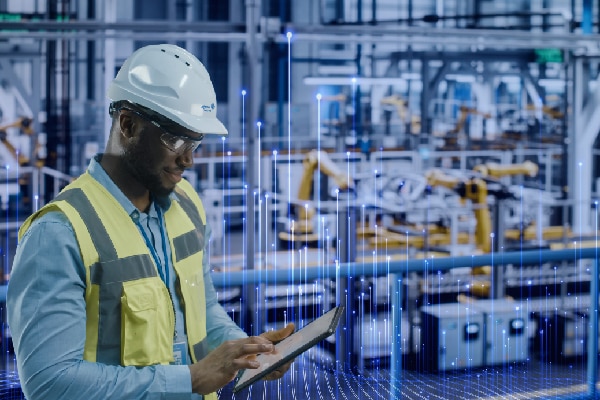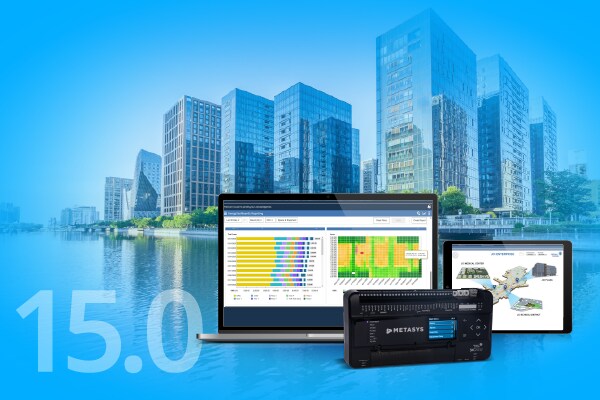- Johnson Controls
- Insights
- AI’s Impact On Your Controls and Your Business
AI’s Impact On Your Controls and Your Business
The Role of AI in HVAC-R and Building Automation
Artificial intelligence is becoming a powerful force in reshaping how buildings are managed and maintained. Within the HVAC-R (Heating, Ventilation, Air Conditioning and Refrigeration) sector, AI is helping businesses unlock new levels of efficiency, sustainability and performance.
In this article, Bill Schwebel, Vice President and General Manager of Global Building Automation Systems and Controls at Johnson Controls, explores the growing influence of AI on building controls and automation. He discusses how AI is already delivering real benefits, such as predictive maintenance, smarter energy use and improved occupant comfort. He also shares his perspective on what the future holds for the industry as AI continues to evolve and drive innovation.

“Typically, 15-20% of sensors are inoperable or aren’t giving the right data. Having the ability to give a sensor artificially intelligent drive data while you’re replacing it slows down the need to be reactive. One of the challenges AI addresses is the lack of talent and labour for tasks like replacing sensors. So, instead of replacing a sensor today, you can replace it the next time you provide preventative maintenance as long as you’re providing good experiences and efficiency with your equipment.”
Bill Schwebel, Vice President and General Manager of Building Automation Systems and Controls
Discover how artificial intelligence is reshaping the future of HVAC-R and building automation in a conversation with Bill Schwebel, Vice President and General Manager of Building Automation Systems and Controls at Johnson Controls. Bill recently joined the ESCO Institute podcast, Controls and Artificial Intelligence with Johnson Controls, to share his insights on the opportunities and challenges AI presents for the industry.
In the podcast, you’ll learn how AI can support your business through:
-
AI’s Role in Improving HVACR Efficiency:
AI-powered controls can optimise system performance, helping to reduce energy consumption and lower operational costs -
Predictive Maintenance & System Diagnostics:
Machine learning algorithms can identify potential faults before they occur, enabling proactive servicing and extending the life of equipment. -
Integration with Smart Building Systems:
AI is playing a growing role in connecting HVAC-R systems with lighting, occupancy sensors and renewable energy sources to create a seamless, automated environment. -
Challenges & Future Developments:
Bill also discusses the barriers to wider AI adoption and what the future may hold for AI-driven innovation in HVAC-R.

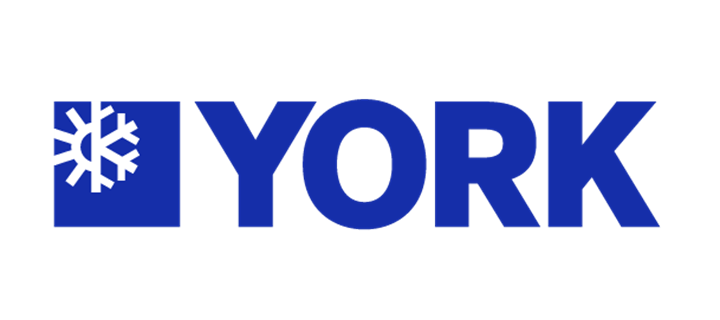


















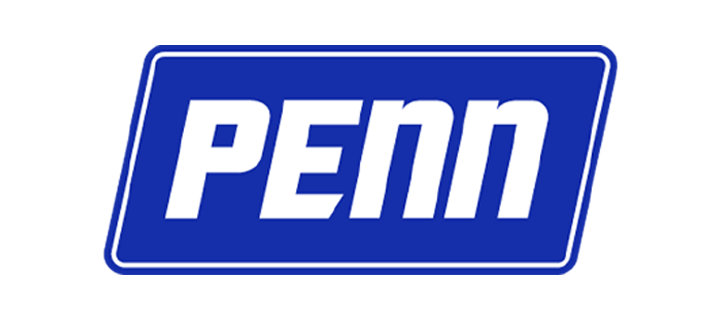

.jpg?la=en&h=320&w=720&hash=244C75B74F0F77521D56164450973BCD)


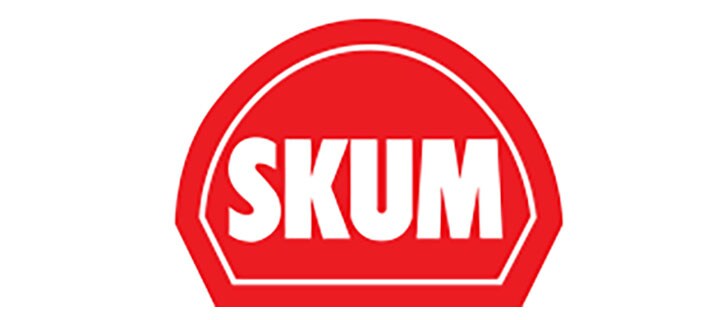



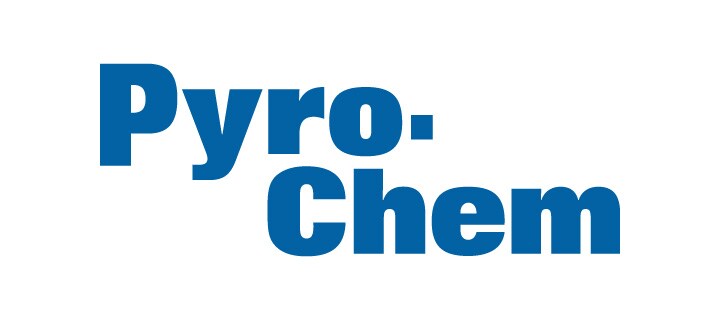







.jpg?la=en&h=310&w=720&hash=8D9823F26AA80B2B75C3E4B2E61770DC)


.jpg?la=en&h=320&w=719&hash=13CA7E4AA3E453809B6726B561F2F4DD)
.jpg?la=en&h=306&w=720&hash=F21A7CD3C49EFBF4D41F00691D09AEAC)

.png?la=en&h=320&w=720&hash=18CFCCD916C92D922F600511FABD775D)












